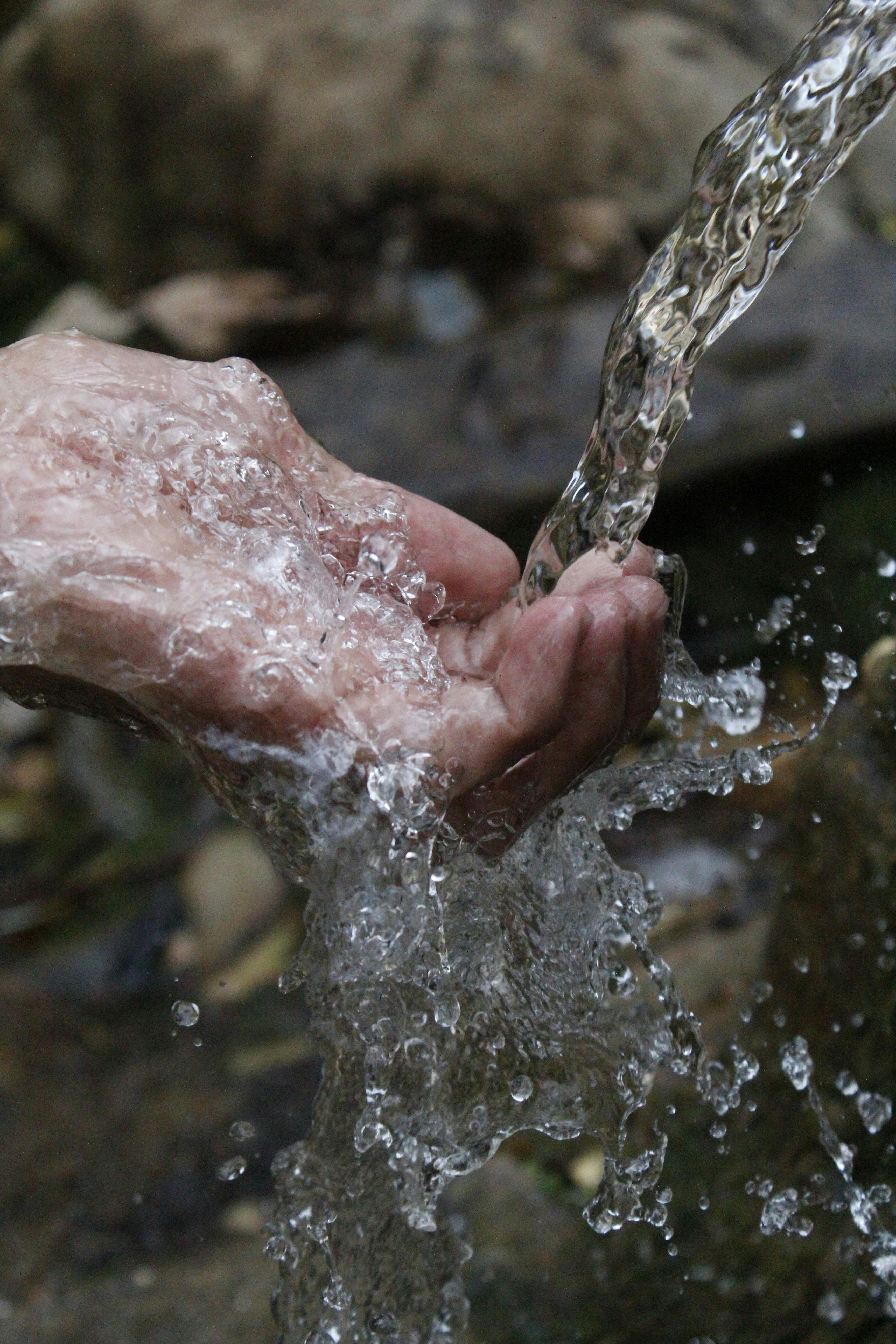Solar Plant Installation Plan in India
India is striving to become a global leader in renewable energy and has set
ambitious targets for solar energy installation as part of its sustainable development agenda
This Memorandum of Understanding (MoU), between Ishi Energy and Infra Pvt. Ltd.,
outlines a collaborative framework for advancing solar energy development in India.
Below is the detailed plan for solar plant installation:
1. Vision and Goals:
Achieve 280 GW of installed solar capacity by 2030 as part of the 500 GW renewable energy target.
Contribute to reducing carbon emissions and fulfilling commitments under the Paris Agreement.
Make India a global leader in solar energy production and utilization.
2. Key Initiatives
National Solar Mission:
Promote solar energy with a focus on grid-connected solar power plants and decentralized systems.
PM-KUSUM Scheme: Installation of solar pumps and grid-connected solar power plants in rural areas to benefit farmers.
Solar Parks Development: Establishing ultra-mega solar power parks across the country to aggregate capacity.
Rooftop Solar Program: Encouraging households and industries to adopt rooftop solar systems with government subsidies.
International Solar Alliance (ISA): Strengthening global cooperation for solar energy development.
3. Implementation Strategy
Public-Private Partnership (PPP):
Encouraging investments through collaborations between government and private entities.
Land Identification: Utilizing barren lands and wastelands for large-scale solar plants.
State-Level Targets: States like Rajasthan, Gujarat, Tamil Nadu, and Karnataka are leading in solar capacity with tailored state policies.
Research and Development: Investing in innovations to improve solar panel efficiency and cost reduction.
Financial Support: Subsidies, tax benefits, and low-interest loans to promote solar plant installations.
4. Budget and Funding
Supported through government budgets, international funding, and private investment.
Incentives and tax benefits under schemes like the Production-Linked Incentive (PLI) for manufacturing.
5. Monitoring and Evaluation
Periodic reviews of progress by the Ministry of New and Renewable Energy (MNRE).
Establishing key performance indicators (KPIs) for capacity, generation, and deployment.

Mission Employment Generation
Mission Employment Generation is a comprehensive initiative aimed at addressing unemployment by creating sustainable job opportunities, fostering skill development, and promoting entrepreneurship across various sectors in India. The mission focuses on empowering individuals, especially youth, women, and marginalized communities, to actively participate in the nation’s economic growth. Mission Employment Generation envisions creating a self-reliant India by tapping into the potential of its workforce and ensuring inclusive and sustainable development. Skill Development Programs: Expansion of initiatives like Pradhan Mantri Kaushal Vikas Yojana (PMKVY) and Skill India Mission. Collaboration with industries to design sector-specific training modules. Focus on emerging fields like AI, robotics, renewable energy, and e-commerce. Public-Private Partnership (PPP): Collaboration with private sector companies for job creation and apprenticeship programs. Incentives for industries to employ fresh talent. Entrepreneurship Promotion: Launch of government schemes for startup funding and microfinance for small businesses. Establishment of business incubators and accelerators in Tier-II and Tier-III cities. Rural Employment: Boost employment through MGNREGA and rural-focused industries like agro-processing and handicrafts. Promotion of self-help groups (SHGs) and cooperative models for employment. Digital Platforms: Development of online job portals to connect job seekers with employers. AI-based tools for skill assessment and job matching.

Jal Jeevan Mission
Jal Jeevan Mission is envisioned to provide safe and adequate drinking water through individual household tap connections by 2024 to all households in rural India. The programme will also implement source sustainability measures as mandatory elements, such as recharge and reuse through grey water management, water conservation, rainwater harvesting. The Jal Jeevan Mission will be based on a community approach to water and will include extensive Information, Education, and communication as a key component of the mission. The Jal Jeevan Mission will be based on a community approach to water and will include extensive Information, Education, and communication as a key component of the mission. JJM looks to create a Jan Andolan for water, thereby making it everyone’s priority. The objective of the programme is to secure quality drinking water to each household in sustainable manner. To implement the programme according to guidelines prescribed, Communication & Capacity Development Unit, State Water and Sanitation Mission, Jammu and Kashmir, collaborated and designed different types of capacity building trainings at different levels. SRID in partnership with CCDU has been organizing capacity building trainings.

Family Counselling Centre
Our Family Counselling Centre (FCC) operates in Bandipora district of J&K State. The Family Counselling Centre facilitates a favourable environment for women, men, and children to improve their family and home life. The Family Counselling Centre accepts individuals and families dealing with issues ranging from spousal problems, greater family disharmony or parent and child tensions. Our Counsellors work to find sustainable solutions that satisfy the mental and emotional needs of all individuals or family members involved in the counselling process working in collaboration with the local police. Individual counselling, group counselling, family therapy, behaviour modification therapy, environment modification therapy, marital therapy, reality therapy, as well as psychological support to the clients, and their family members are the main activities of our FCC. Our team of dedicated Counsellors are in regular touch with Women Police Stations and District Social Welfare Office. Also, to ensure the effective implementation of the program “Subcommittee Meetings” are conducted once in every 3 months. For these meetings crucial stakeholders such as Police Officials, Lawyers, District Social Welfare Officer, Social Workers, Psychologists, and Psychotherapist are invited to discuss the problems and solution of different cases. This subcommittee meetings serves as map to guide our counsellors for enhanced service delivery through the project. During the last financial year (2021-22) more than 200 beneficiaries have received counselling from the therapists that in turn affected the lives of more than 800 individuals who are the family members of these beneficiaries.

S. R. Library (Books for All)
Over the past few years, we as an organization and our society in whole have witnessed severe cuts in library service budgets resulting in the reduction of services, most notably by closures, shorter opening hours, staff cuts and the replacement of library staff with typically unsustainable and fragmented volunteer-run services. Cuts are often made in the name of austerity measures, yet in austere times libraries are of particular importance to the disadvantaged in our communities. For many people the word “library” conjures up images of books and not much more. Although books remain a core feature and are beneficial in many more ways than commonly understood, libraries have a much wider and more significant reach than books alone. In spring of 2012 SRID decide to start a library of its own. The intention was to provide the best of services available and celebrate the importance, value, and relevance of well sustained libraries. A library thus has been established wherein we have made an earnest attempt to catalogue all types of books. Organizational heads are continuously working to create storehouse of books in Srinagar by contacting various donors. Other than these different agencies of India are also providing good number of books but need of the hour is that it needs a considerable improvement which we are trying to sort out. Our main objective by initiating this activity is to create mushrooming of local centers across the valley so that young minds could be ignited with the help of these books.

Vocational Training Centres
The program of vocational training for underprivileged women aims at capacitating them through low-cost and job-oriented training with maximum practical exposure, and the view to improve their employability. The focus is on providing and enhancing the skills of the deprived children, destitute women, especially those with poor educational qualification and socio-economic background. We have provided trainings in different sectors like Computers & Information Technology, Handicrafts, Cutting & Tailoring, Aari work, Typing & Shorthand, Music, and other related trades. In the last financial year near about two hundred beneficiaries have benefited by these training programs and some of them even found employment in different production centers. In last fiscal year we had two vocational training centers operating in Srinagar district itself. In both these centers deserving women were trained on activities like bag making, ari work, desoto, and making of woolen cloths and accessories. This program was sponsored by Mother Helpage Worldwide and benefitted 150 women who in turn were able to support a total of 600 populace who constituted the families of these women.

